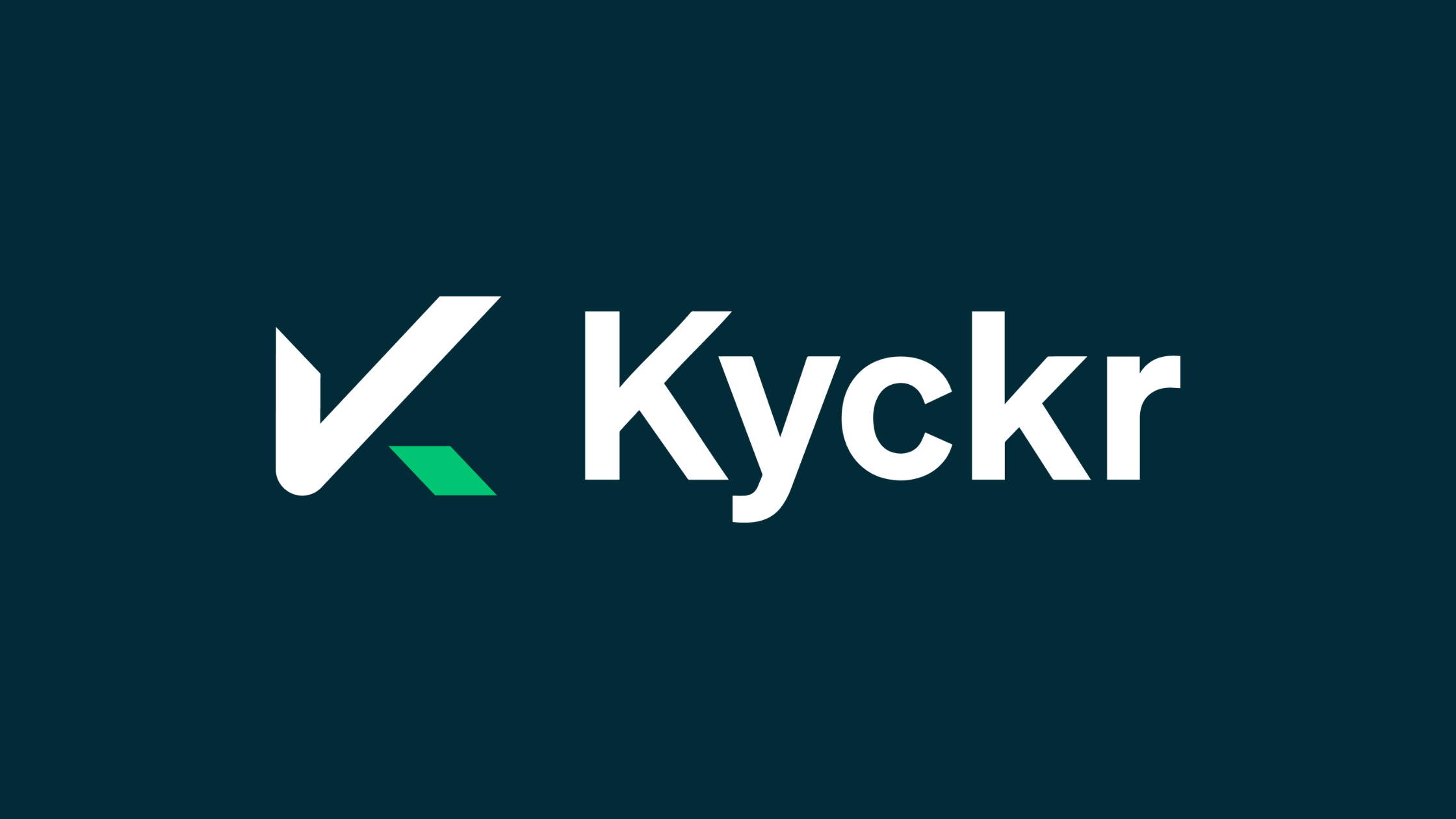News & Blog
The Austrian Business Registry (2026 Update)
How to search Austrian companies using the Firmenbuch and beneficial ownership register: costs, documents, access restrictions, and what the registers won't tell you. Updated February 2026.
The Top 5 Challenges of Integrating KYC APIs (According to 5 Senior Compliance Leaders)
Learn the 5 top KYC API challenges faced by KYC teams at global obliged entities, from expensive API integrations to cross-border verification, and how Kyckr solves the problem of multi-jurisdictional complexity.
Greece Company Registry (2026 Update)
Learn how to search the Greece company registry (GEMI), access beneficial ownership data, and download filings. Updated February 2026 with new reforms.
Sweden Company Registry (2026 Update)
Complete guide to Sweden's company registry (Bolagsverket) for financial crime professionals. Learn to search companies, verify UBOs, and navigate 6AMLD access restrictions. Updated Feb 2026.
Isle of Man Company Registry (2026 Update)
Complete KYB guide to the Isle of Man Company Registry. Learn the critical 1931 vs 2006 Act differences for shareholder and UBO verification in 2026.
KYC Data Remediation: 2026 Guide
How banks remediate customer data to meet KYC compliance. Learn the data remediation process, common challenges, regulatory requirements, and best practices.
France’s Business Registry (2026 Update)
Step-by-step Infogreffe guide for compliance professionals: search French companies, access beneficial ownership registers, download documents, and verify UBOs.
The Jersey Company Registry (2026 Update)
Complete guide to Jersey company registry for KYC/AML professionals. Covers available data, limitations, and compliance workarounds for 2026.
Poland Company Registry (2026 Update)
Search the Poland company registry (KRS, CEIDG & CRBR). Learn how to find verified company, financial and UBO data from official sources in 2026.
EU UBO Register Access 2026: Complete Guide to 6AMLD Compliance
EU beneficial ownership registers require legitimate interest access from 2026. Get the 6AMLD timeline, certification process, and compliance checklist.Denmark Company Registry (2026 Update)
Complete guide to Denmark's CVR company registry for compliance teams. Learn how to search, access documents, and navigate beneficial ownership restrictions.
CJEU Shareholder Data Opinion: What Obliged Entities Need to Know
The CJEU’s opinion on shareholder data signals reduced public access across Europe. We spoke to UBO expert Stephen Abbot-Pugh about what it means for AML compliance, obliged entities, and ownership transparency.
Netherlands Company Registry (KVK) (2025 Update)
Master the Netherlands Company Registry (KVK) in 2025. Learn how to search Dutch company data, access filings, use KVK APIs, and navigate UBO ownership challenges.
Canadian Ultimate Beneficial Ownership (UBO) Data Guide (2025 Update)
Learn how to verify Canadian ultimate beneficial owners (UBOs) using shareholder information and UBO declarations from official corporate registries in Canada.
The Ultimate Guide to Accessing UBO Verification Data (2025)
Learn how to access UBO registry and shareholder data across 300+ jurisdictions. Multi-pronged verification approaches, API access, and registry challenges explained.
The Kyckr Guide to Using Company Registers for KYB
Complete guide to using company registers for Know Your Business. Compare accessibility, data quality, costs and integrations across global registries from the UK to Cayman Islands.
Kyckr named Category Leader in Chartis RiskTech Quadrant for KYC Data and Solutions 2025
Kyckr has been named a category leader in Chartis’s 2025 KYC Data Solutions quadrant, marking the second consecutive year Kyckr has ranked among the top KYB data providers globally.
Why Company Registries Are Changing (According to Kyckr)
Kyckr CEO Steve Lamb explains how company registries are changing – and what financial crime professionals can expect in 2026.
Using Company Registry Data For KYC Data Enrichment (2025 Guide)
Learn how to enrich your KYC workflow with official company registry data, whether from API integrations with company registries, bulk data downloads, or third party KYB data providers like Kyckr.
California Business Registry (2025 Update)
Learn how to search the business registry of the California Secretary of State, Bizfile Online, what information is available, APIs and bulk data downloads, and beneficial ownership information.
























